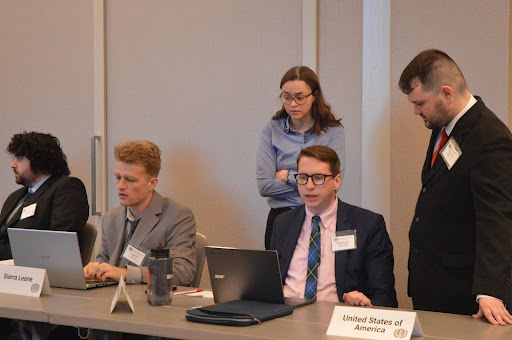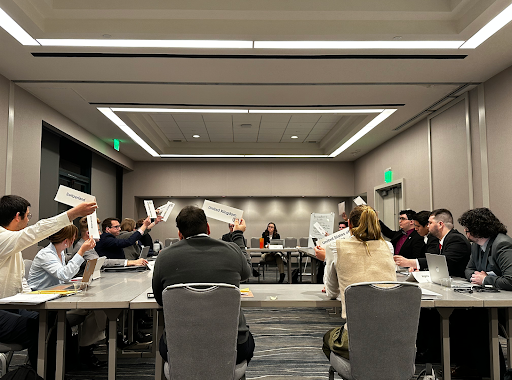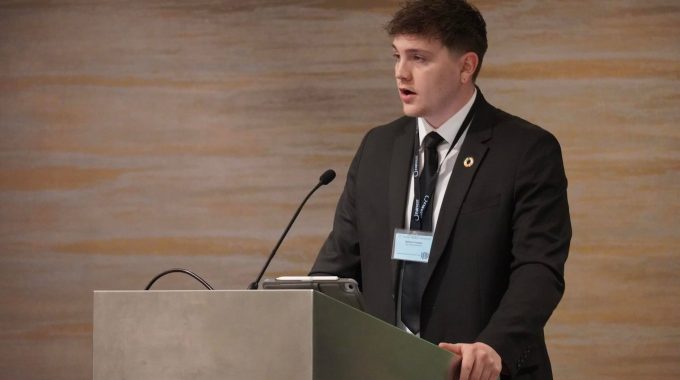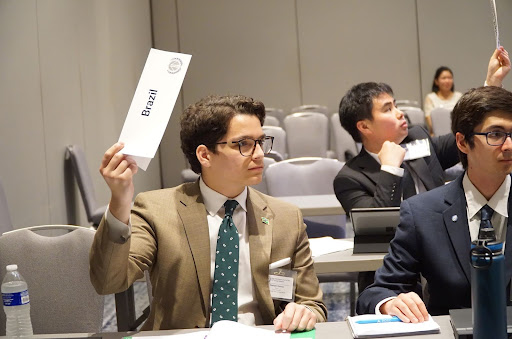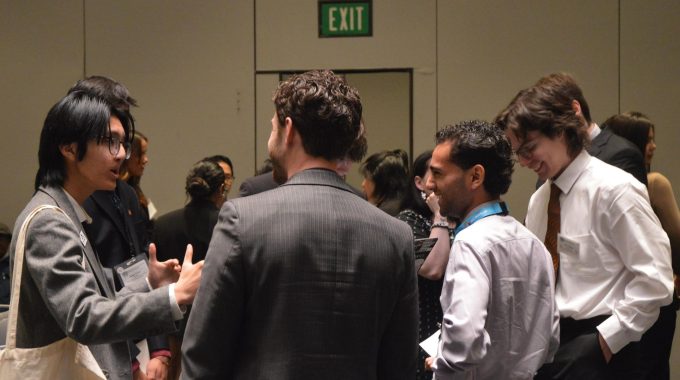Cyberattack on Haiti’s Electrical Grid Sparks Urgent Humanitarian Crisis
In a concerning turn of events, Haiti finds itself grappling with the aftermath of a sophisticated cyberattack targeting its electrical grid. The repercussions extend far beyond mere power disruptions, exacerbating an already fragile humanitarian situation. As the Security Council of the Model United Nations convenes to address the crisis in Haiti, delegates find themselves embroiled in a complex web of challenges, ranging from sovereignty issues to the urgent need for humanitarian assistance. With the situation on the ground rapidly deteriorating, the stakes could not be higher.
The attack, conducted by the G9 gang, has wrought havoc on essential services, including the computer systems of the Food and Agriculture Organization (FAO), leading to widespread disruption in the communication networks, leaving communities to struggle for access towards vital resources.
Japan stands firm in their commitment to provide aid and food for medical care, expressing concerns about exacerbating conflict dynamics and sovereignty violations. Japan urges caution in intervention efforts while acknowledging the imperative to address the gang presence as a fundamental aspect of resolving the crisis.
Guyana, advocating for long-term solutions, emphasizes the importance of strengthening the Haitian government and addressing systemic issues such as women’s rights. France urges the Council in prioritizing short-term humanitarian solutions while acknowledging concerns about long-term stability. Echoing Japan’s sentiments of providing immediate aid. The United States expressed dissatisfaction with Kenya’s hesitation to deploy peacekeepers to Haiti, while encouraging other members to consider sending peacekeeping forces to assist
With the revelation that the G9 gang orchestrated the cyberattack, the Security Council faces heightened pressure to respond decisively while respecting Haiti’s sovereignty. Japan underscored the complexity of the crisis, emphasizing the need for nuanced approaches that balance short-term relief with long-term stability.
Amidst divergent perspectives on the appropriate course of action, the council grapples with the delicate task of addressing Haiti’s sovereignty while effectively mitigating the urgent humanitarian crisis. As tensions mount and the clock ticks, delegates must unite to chart a path forward that deliver essential aid while laying the groundwork for enduring peace and stability in Haiti.
Sena Bryant
World Press Reporter
Metropolitan State University, Denver

